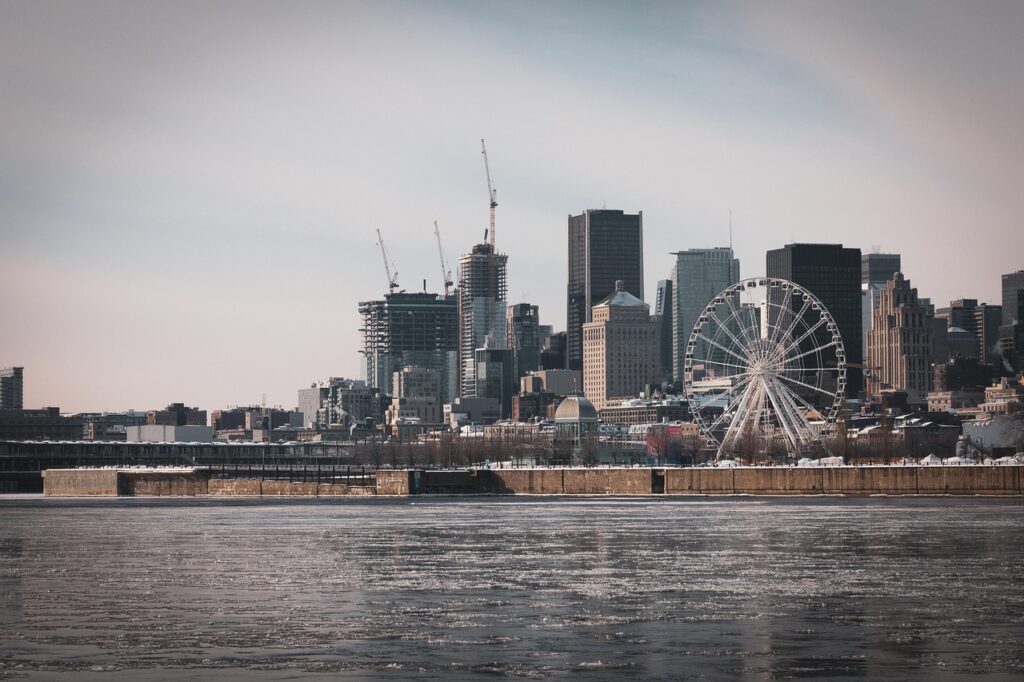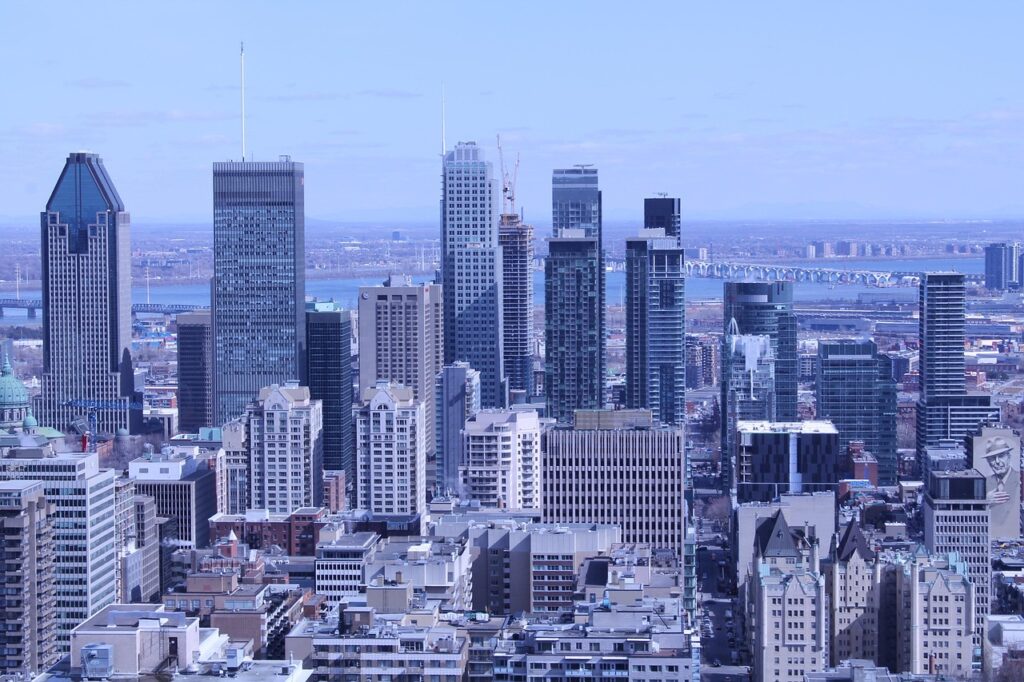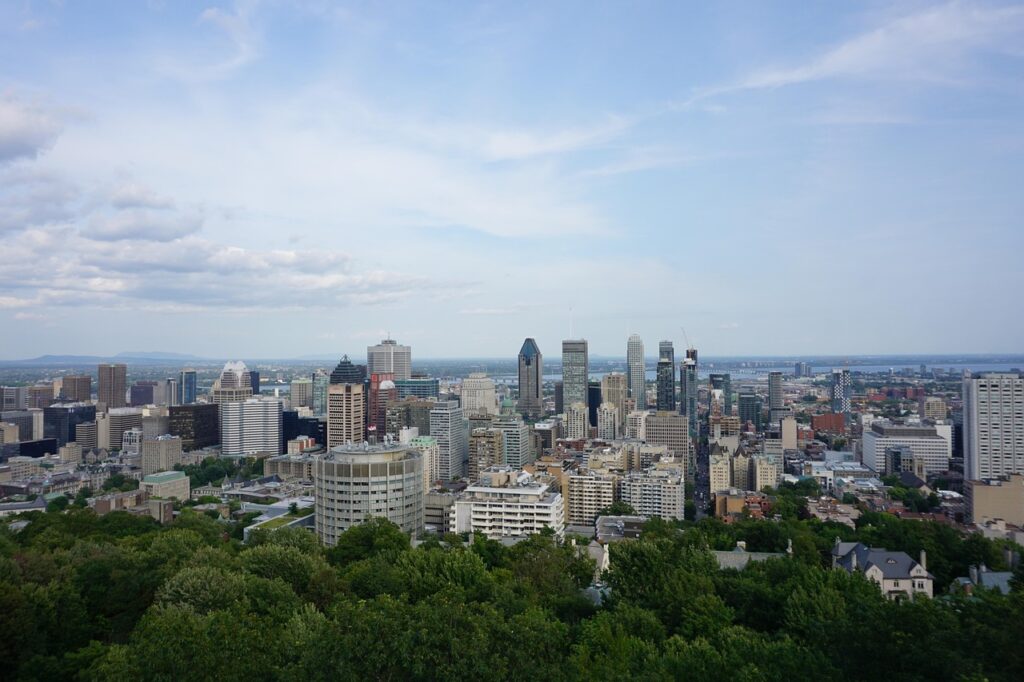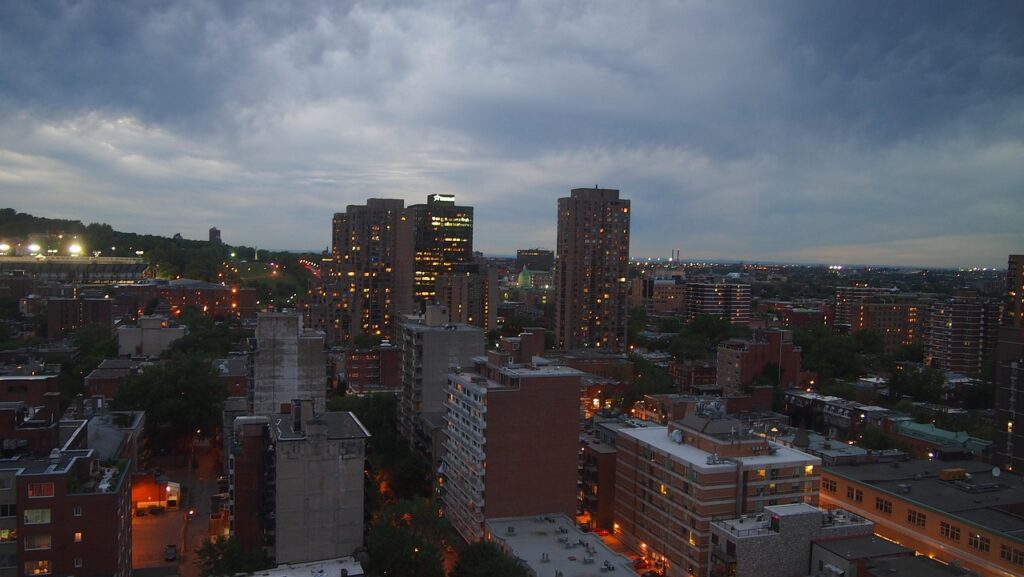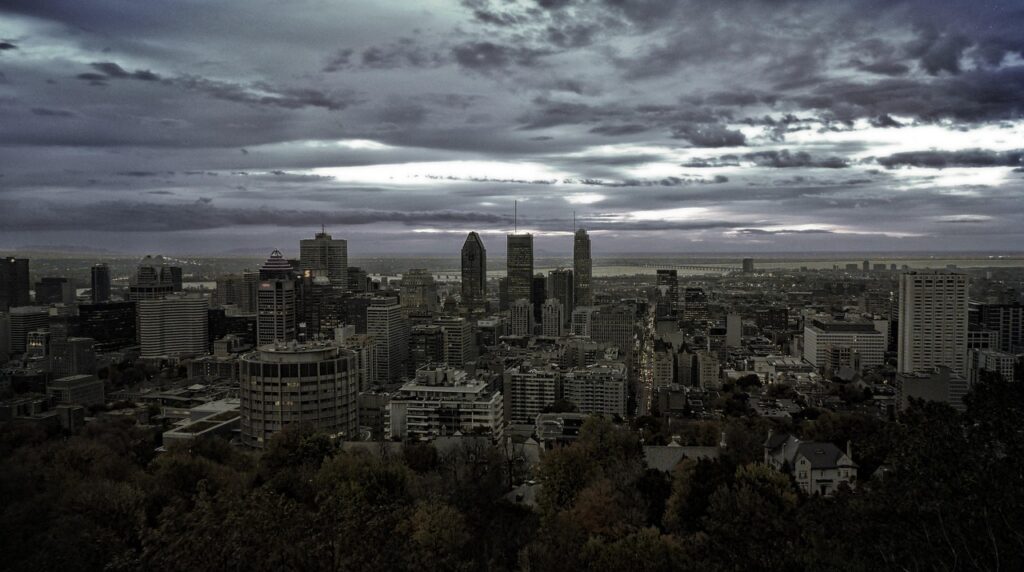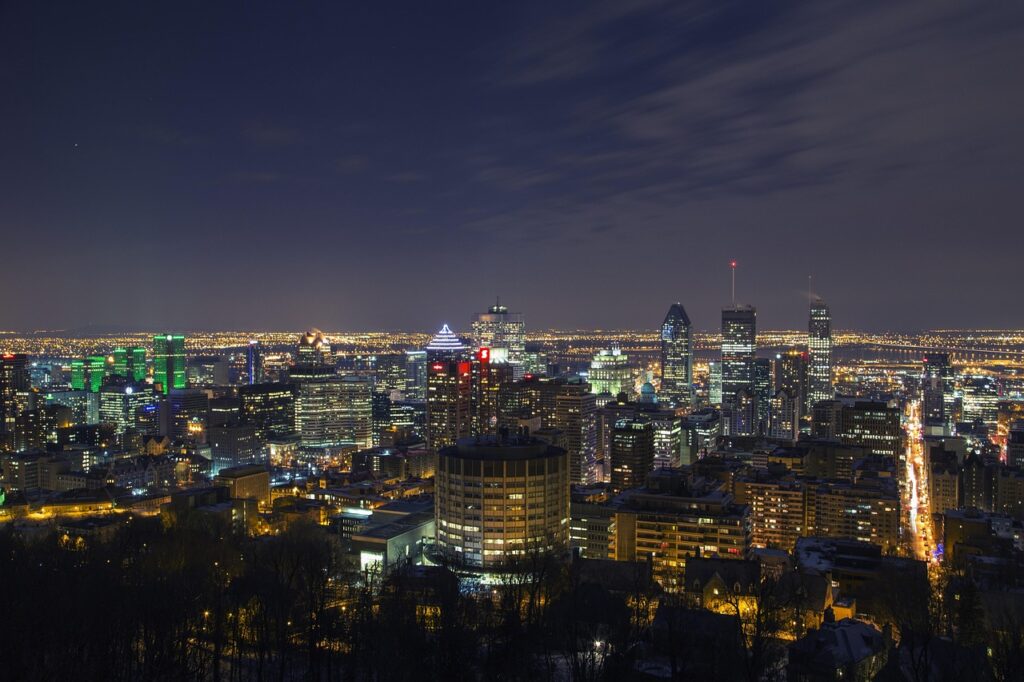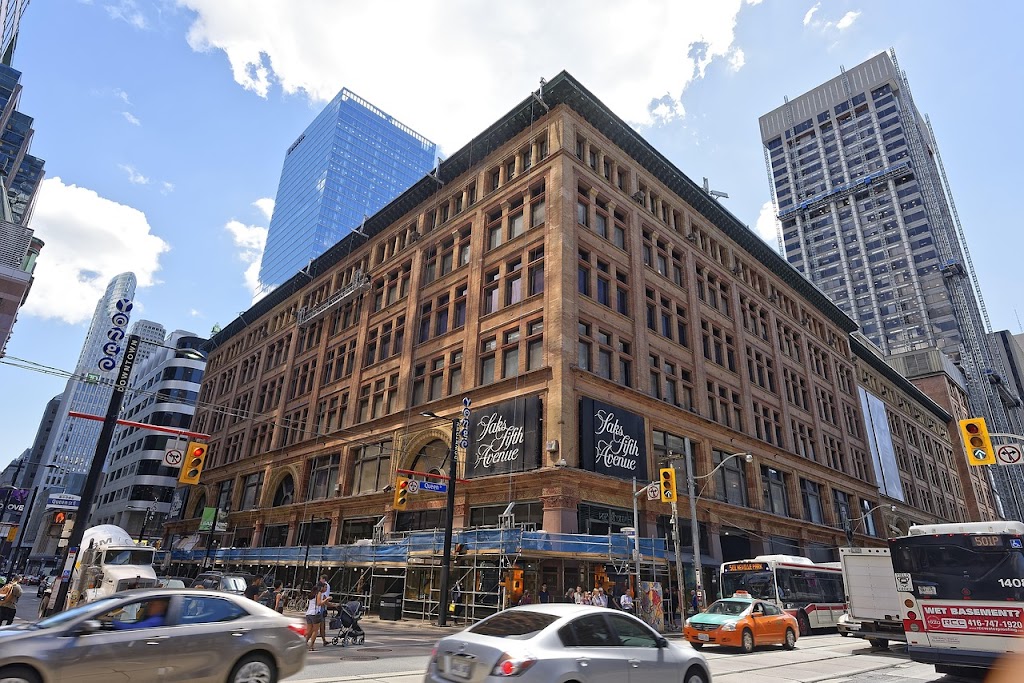What Life in Canada Can Teach You About Living Well
Moving to Canada is more than just moving to a new place. It’s also about stepping into a way of life that quietly teaches you new skills, ideas, and habits. The country is famous for its clean streets, safe neighbourhoods, and good public services. But the real lessons are in everyday life – how people speak to each other, how they manage time, and how they act in shared spaces. Life in Canada is not just about following routines. It encourages you to watch, learn, and adapt. It teaches you to live thoughtfully and carefully. Here are some of the things Canada can teach you about handling daily life, both personally and socially. Lesson 1: The value of time One of the first things you notice in Canada is that people respect time. Being on time is not just about being polite. It shows that you care about other people’s schedules. Waiting in a queue, planning your journey, or turning up for an appointment on time teaches patience and planning. You start to manage your day in a way that reduces stress and makes life easier. Over time, respecting time becomes a habit that helps in work, school, and personal life. Lesson 2: The art of respectful interaction Canada quietly shows you how important respect is. Little things, like saying “sorry,” keeping a polite distance, or waiting your turn, are not just manners since they make life smoother for everyone. Living here teaches you that respect is practical. It helps you build trust, avoid arguments, and get along with people. You also learn to speak clearly and listen carefully, skills that are useful everywhere, not just in Canada. Lesson 3: Independence through responsibility In Canada, independence is important, and it comes with responsibility. You soon realise that no one will remind you to do your work, and following rules – like traffic laws or workplace rules – is expected. Doing these small tasks teaches self-reliance, problem-solving, and responsibility. Over time, these lessons help you handle challenges better, both at work and in your personal life. Lesson 4: Building connections with patience Friendships in Canada take time. People are friendly but often reserved at first. You learn that strong relationships grow slowly and need patience. You balance being polite with being open and reliable. Joining local events, volunteering, or getting involved in your community shows you that real connections require effort. Being consistent and respecting other people’s space helps friendships and trust to grow naturally. Lesson 5: Embracing diversity as a way of life Canada is a very multicultural country. Living here teaches you to be flexible and open-minded. You meet people who speak different languages, eat different foods, and celebrate different festivals. Canada shows that diversity is accepted and valued. Learning to respect different cultures makes life richer, teaches you new ideas, and helps you feel included. Life skills you carry beyond Canada What makes life in Canada special is not just tidy streets or good services. It is the lessons hidden in daily life. Being on time, showing respect, being responsible, being patient, and understanding different cultures are not just values but are also life skills. By learning these lessons, you grow not just as someone living in Canada, but as a person. You become more organised, thoughtful, and confident. These skills help you anywhere in the world, not just in Canada. Living there teaches you how to live well in a structured, diverse, and caring society. And the lessons stay with you long after you leave your local supermarket or community centre. For anyone ready to move and start a new life in Canada, you can explore the programmes offered by Global Visa Support here: http://globalvisasupport.com/canada.html. If you want expert help to make your move to Canada smooth and easy, contact Global Visa Support here: http://www.globalvisasupport.com/contact.html.
What Life in Canada Can Teach You About Living Well Read More »
